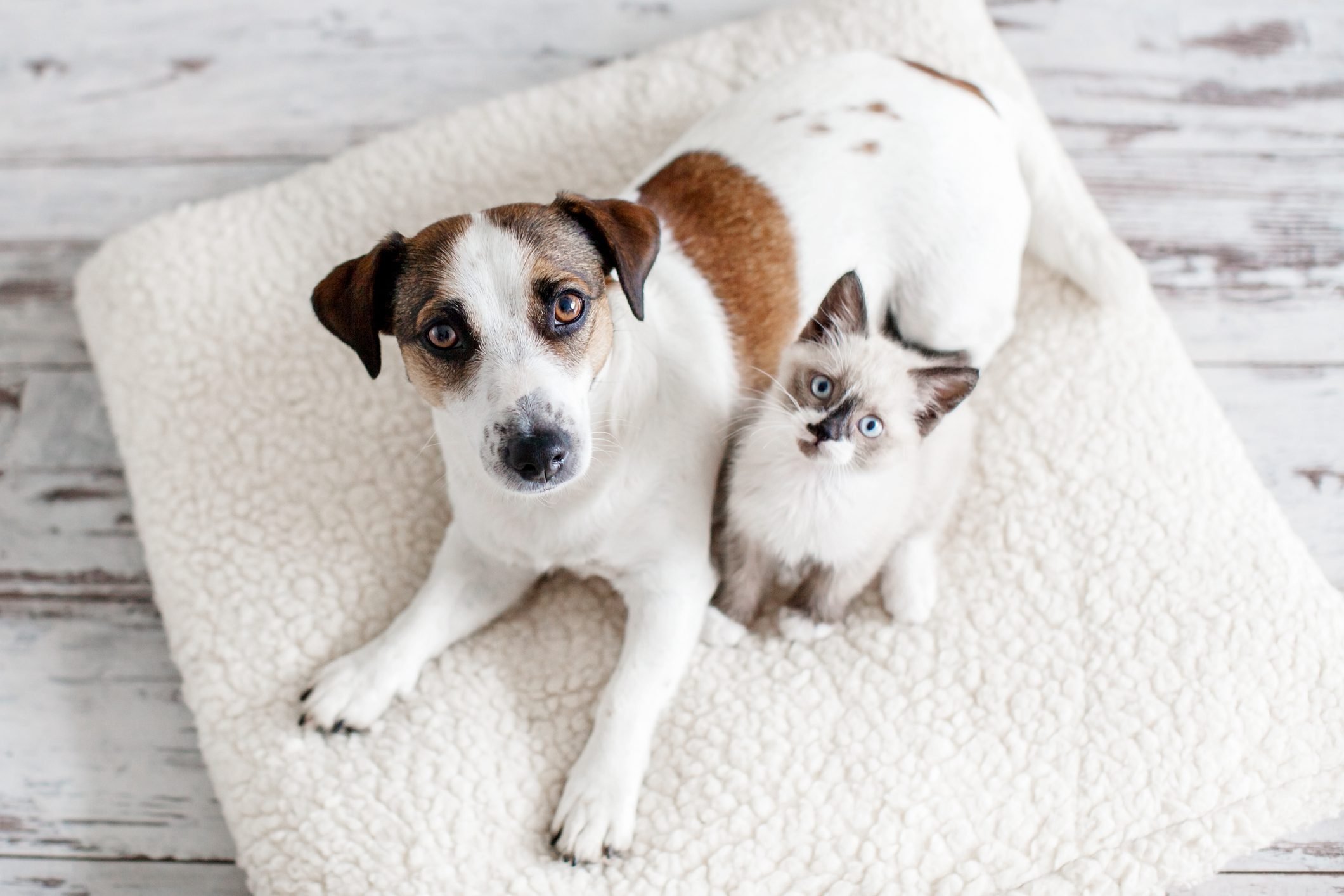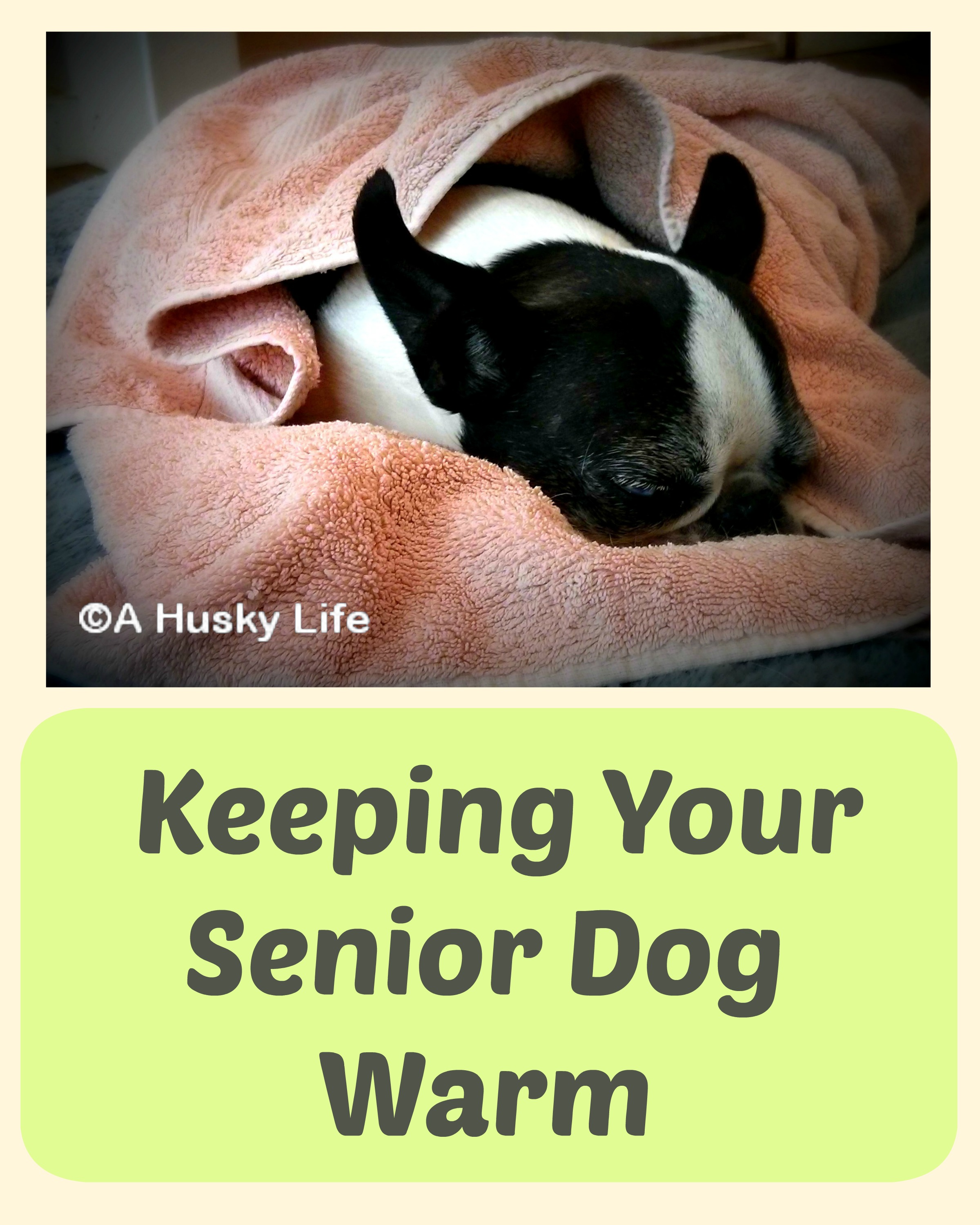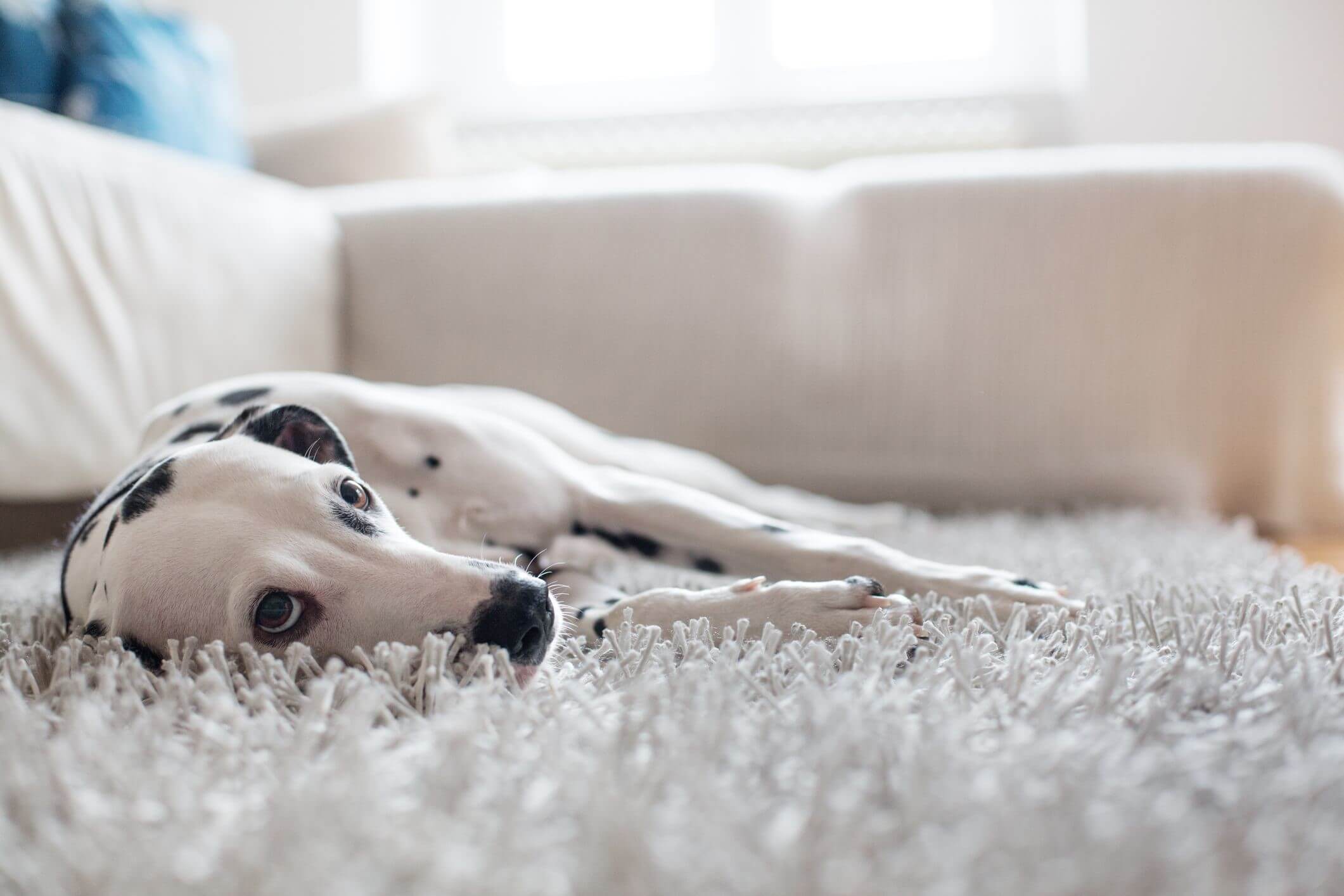Have you ever wondered why your senior dog has developed an unusual odor? It’s a common issue that can be caused by a variety of factors. In this article, we’ll explore the reasons behind why your senior dog may have an unusual odor and what you can do to address it.
As our beloved canine companions age, they may experience various health issues that can affect their overall well-being, including changes in their skin and coat. One common issue is the development of an unusual odor, which can be concerning for pet owners.
Why does my senior dog have an unusual odor?
There are several reasons why your senior dog may have an unusual odor. Some of the most common causes include:
- Skin infections: As dogs age, their immune system may weaken, making them more susceptible to skin infections. These infections can cause a variety of symptoms, including an unusual odor.
- Dental disease: Dental disease is a common problem in senior dogs. It can lead to a buildup of bacteria in the mouth, which can cause bad breath and an unusual odor.
- Ear infections: Ear infections are another common problem in senior dogs. They can cause a variety of symptoms, including an unusual odor from the ears.
- Anal gland problems: Anal glands are small sacs located on either side of the anus. They produce a fluid that is used to mark territory. In some cases, these glands can become impacted or infected, which can lead to an unusual odor.
- Metabolic disorders: Some metabolic disorders, such as diabetes and kidney disease, can cause an unusual odor in dogs.
What can I do to address the unusual odor in my senior dog?
If you notice that your senior dog has an unusual odor, it’s important to take them to the vet to rule out any underlying health conditions. Once any medical issues have been ruled out, there are a few things you can do to help address the odor:
- Bathe your dog regularly: Bathing your dog regularly can help to remove dirt and bacteria from their skin and coat, which can help to reduce the odor.
- Brush your dog’s teeth regularly: Brushing your dog’s teeth regularly can help to remove plaque and bacteria from their mouth, which can help to reduce bad breath and an unusual odor.
- Clean your dog’s ears regularly: Cleaning your dog’s ears regularly can help to prevent ear infections, which can help to reduce the odor from their ears.
- Express your dog’s anal glands: If your dog’s anal glands are impacted or infected, your vet may recommend expressing them. This can help to relieve the pressure and reduce the odor.
- Change your dog’s diet: In some cases, changing your dog’s diet can help to reduce the odor. A diet that is high in fiber and low in fat can help to improve your dog’s digestion and reduce the odor from their stools.

Pet Odor Removal: 10 Easiest Ways to Get Rid of Pet Odors – Source www.rd.com
Why Senior Dogs Have an Unusual Odor: A Personal Experience
My own senior dog, a beloved golden retriever named Max, developed an unusual odor a few years ago. At first, I thought it was just because he was getting older, but after a few weeks, the odor became more noticeable and concerning. I took him to the vet, who ruled out any underlying health conditions.
After some trial and error, I discovered that the odor was coming from Max’s ears. He had developed a mild ear infection, which was causing the odor. The vet prescribed some ear drops, and within a few days, the odor was gone.
/GettyImages-982758986-5405fabd53704d5192f85e60b89b9238.jpg)
What to Do If Your Older Dog Is Incontinent – Source www.thesprucepets.com
Understanding the Causes of Unusual Odor in Senior Dogs
The causes of unusual odor in senior dogs can vary depending on the individual dog. However, some of the most common causes include:
- Skin infections: As dogs age, their immune system may weaken, making them more susceptible to skin infections. These infections can cause a variety of symptoms, including an unusual odor.
- Dental disease: Dental disease is a common problem in senior dogs. It can lead to a buildup of bacteria in the mouth, which can cause bad breath and an unusual odor.
- Ear infections: Ear infections are another common problem in senior dogs. They can cause a variety of symptoms, including an unusual odor from the ears.
- Anal gland problems: Anal glands are small sacs located on either side of the anus. They produce a fluid that is used to mark territory. In some cases, these glands can become impacted or infected, which can lead to an unusual odor.
- Metabolic disorders: Some metabolic disorders, such as diabetes and kidney disease, can cause an unusual odor in dogs.

Guide To Caring for Senior Dogs – Your Home Pet Care – Source www.yhpc.com
Hidden Secrets of Unusual Odor in Senior Dogs
In addition to the common causes of unusual odor in senior dogs, there are also some lesser-known causes that may be worth exploring. These include:
- Thyroid problems: Thyroid problems can cause a variety of symptoms in dogs, including an unusual odor.
- Cushing’s disease: Cushing’s disease is a hormonal disorder that can cause a variety of symptoms in dogs, including an unusual odor.
- Cancer: In some cases, an unusual odor in a senior dog can be a sign of cancer.
/senior-golden-retriever-97568965-582cedfc3df78c6f6ac341f3.jpg)
What to Do If Your Older Dog Is Incontinent – Source www.thesprucepets.com
Expert Recommendations for Addressing Unusual Odor in Senior Dogs
If you notice that your senior dog has an unusual odor, it’s important to take them to the vet to rule out any underlying health conditions. Once any medical issues have been ruled out, there are a few things you can do to help address the odor:
- Bathe your dog regularly: Bathing your dog regularly can help to remove dirt and bacteria from their skin and coat, which can help to reduce the odor.
- Brush your dog’s teeth regularly: Brushing your dog’s teeth regularly can help to remove plaque and bacteria from their mouth, which can help to reduce bad breath and an unusual odor.
- Clean your dog’s ears regularly: Cleaning your dog’s ears regularly can help to prevent ear infections, which can help to reduce the odor from their ears.
- Express your dog’s anal glands: If your dog’s anal glands are impacted or infected, your vet may recommend expressing them. This can help to relieve the pressure and reduce the odor.
- Change your dog’s diet: In some cases, changing your dog’s diet can help to reduce the odor. A diet that is high in fiber and low in fat can help to improve your dog’s digestion and reduce the odor from their stools.

Why It Is Important to Keep Your Senior Dog Warm – A Husky Life – Source www.ahuskylife.ca
Unusual Odor in Senior Dogs: A Deeper Dive
An unusual odor in senior dogs can be a sign of a variety of health conditions, some of which may be serious. If you notice that your senior dog has an unusual odor, it’s important to take them to the vet to rule out any underlying health conditions. Once any medical issues have been ruled out, there are a few things you can do to help address the odor, including:
- Bathing your dog regularly: Bathing your dog regularly can help to remove dirt and bacteria from their skin and coat, which can help to reduce the odor.
- Brushing your dog’s teeth regularly: Brushing your dog’s teeth regularly can help to remove plaque and bacteria from their mouth, which can help to reduce bad breath and an unusual odor.
- Cleaning your dog’s ears regularly: Cleaning your dog’s ears regularly can help to prevent ear infections, which can help to reduce the odor from their ears.
- Expressing your dog’s anal glands: If your dog’s anal glands are impacted or infected, your vet may recommend expressing them. This can help to relieve the pressure and reduce the odor.
- Changing your dog’s diet: In some cases, changing your dog’s diet can help to reduce the odor. A diet that is high in fiber and low in fat can help to improve your dog’s digestion and reduce the odor from their stools.

How To Remove Dogs Odor From Your Home | Infolific – Source infolific.com
Tips for Managing Unusual Odor in Senior Dogs
Here are some additional tips for managing unusual odor in senior dogs:
- Keep your dog’s bedding clean
- Wash your dog’s toys regularly
- Take your dog to the vet for